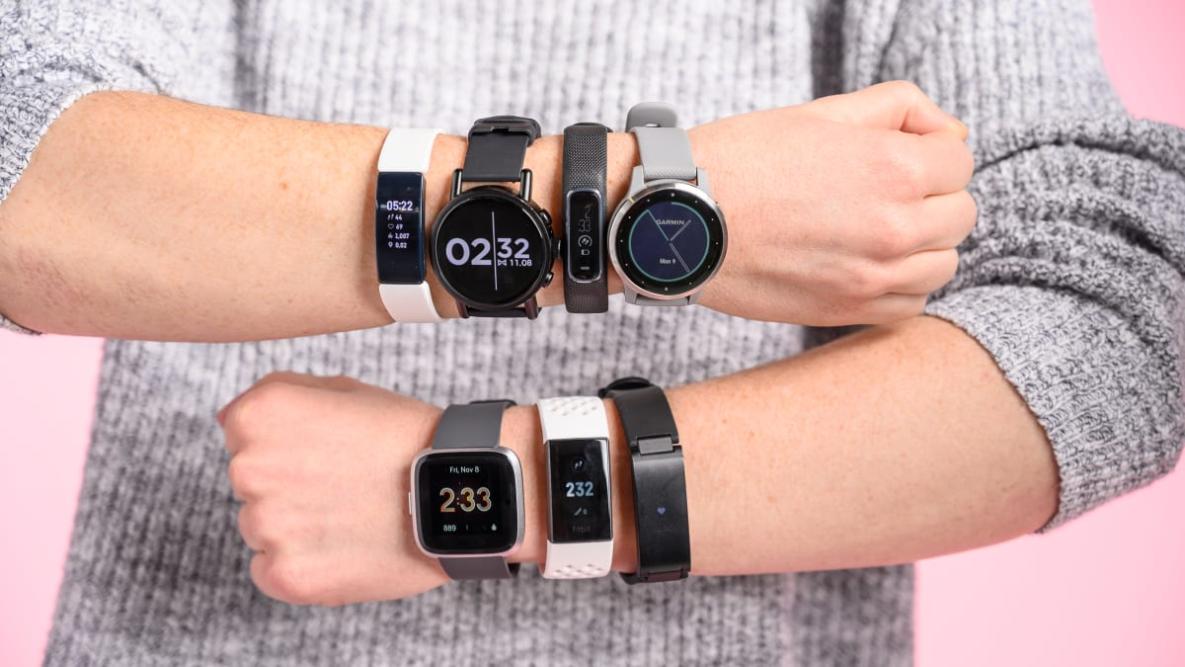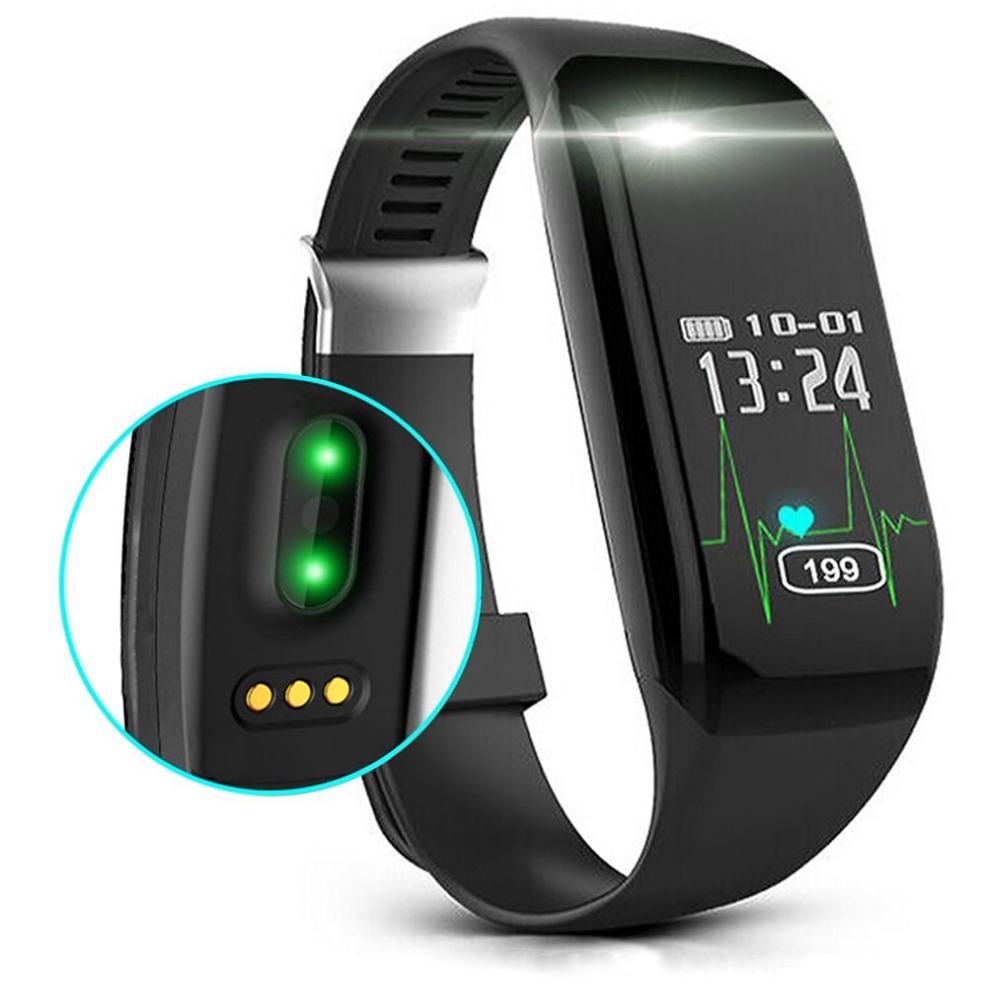How Can Fitness Apps and Trackers Be Used to Manage Chronic Conditions?
Chronic conditions, such as diabetes, hypertension, heart disease, and asthma, affect millions of individuals worldwide. Managing these conditions effectively is crucial for maintaining optimal health and preventing complications. Fitness apps and trackers have emerged as valuable tools in the management of chronic conditions, offering a range of benefits and personalized support.

Benefits Of Fitness Apps And Trackers For Chronic Condition Management
- Real-time Monitoring: Fitness apps and trackers allow individuals to monitor their vital signs and symptoms in real-time. This enables them to detect changes early and take appropriate actions to manage their condition.
- Tracking Progress and Adherence: These technologies help users track their progress towards treatment goals and monitor their adherence to medication regimens and lifestyle modifications.
- Personalized Feedback and Recommendations: Many fitness apps and trackers provide personalized feedback and recommendations based on individual data. This can help users make informed decisions about their health and lifestyle.
- Motivation and Encouragement: Fitness apps and trackers can provide motivation and encouragement to stay active and adhere to treatment plans. They often incorporate gamification elements and social support features to enhance engagement.
- Improved Communication with Healthcare Providers: Fitness apps and trackers facilitate communication between individuals and their healthcare providers. Sharing data with healthcare professionals enables better care coordination and informed decision-making.
Specific Applications For Different Chronic Conditions
Fitness apps and trackers can be tailored to the specific needs of individuals with different chronic conditions. Here are a few examples:
- Diabetes: Fitness apps and trackers can help individuals with diabetes track their blood sugar levels, medication adherence, and physical activity. They can also provide personalized recommendations for managing blood sugar levels and preventing complications.
- Hypertension: These technologies can help individuals with hypertension monitor their blood pressure, medication adherence, and lifestyle factors such as sodium intake and stress levels. They can also provide guidance on lifestyle modifications to lower blood pressure.
- Heart Disease: Fitness apps and trackers can help individuals with heart disease track their heart rate, physical activity, and stress levels. They can also provide alerts for abnormal heart rhythms and encourage regular physical activity to improve heart health.
- Asthma: Fitness apps and trackers can help individuals with asthma monitor their symptoms, medication adherence, and environmental triggers. They can also provide guidance on managing asthma attacks and reducing exposure to triggers.
Key Features To Look For In A Fitness App Or Tracker For Chronic Condition Management
When choosing a fitness app or tracker for chronic condition management, consider the following features:
- Compatibility with Specific Chronic Conditions: Ensure that the app or tracker is designed to support the specific chronic condition you are managing.
- Accuracy and Reliability of Data Tracking: Look for apps and trackers that use accurate and reliable sensors to track vital signs and other health data.
- User-friendly Interface and Ease of Use: Choose an app or tracker with a user-friendly interface that is easy to navigate and understand.
- Integration with Other Health Apps and Devices: Consider apps and trackers that can integrate with other health apps and devices to provide a comprehensive view of your health data.
- Security and Privacy Features: Ensure that the app or tracker has robust security and privacy features to protect your personal health data.
Practical Tips For Using Fitness Apps And Trackers Effectively
To use fitness apps and trackers effectively for chronic condition management, follow these tips:
- Set Realistic Goals and Track Progress: Set realistic goals for yourself and track your progress towards those goals. This will help you stay motivated and make adjustments as needed.
- Use Reminders and Notifications: Use reminders and notifications to stay on track with your medication schedule, physical activity goals, and other health-related tasks.
- Share Data with Healthcare Providers: Share your fitness app and tracker data with your healthcare providers to help them better understand your condition and provide personalized care.
- Troubleshooting Common Problems and Seeking Support: If you encounter any problems with your fitness app or tracker, consult the user manual or seek support from the manufacturer. You can also join online communities or forums for support and troubleshooting advice.

Fitness apps and trackers can be valuable tools for individuals with chronic conditions to manage their health effectively. These technologies offer a range of benefits, including real-time monitoring, tracking progress, personalized feedback, motivation, and improved communication with healthcare providers. By choosing the right app or tracker and using it effectively, individuals can gain greater control over their condition and improve their overall health outcomes.
YesNo

Leave a Reply